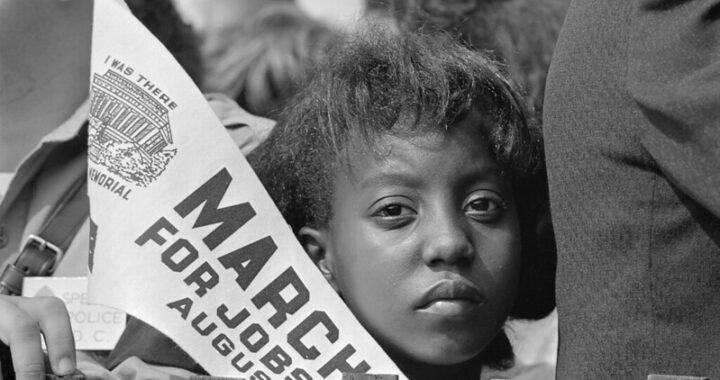White People and Reparations: A Perspective
by Patrick Wilson
Reparations can mean different things to different people. For some, it may be a way to compensate for the historical injustices that have been done to them, such as slavery, segregation, and other forms of discrimination. For others, it may be a way to promote racial equality and reconciliation. Still others may see it as a way to make amends for the harms that have been done to their ancestors.
The Case for Reparations
There are several reasons why white people should support reparations. First, it is the right thing to do. White people have benefited from racism throughout American history, and they continue to benefit from it today. Reparations would be a way to start to address this injustice.
Second, reparations would be beneficial for everyone, not just Black people. When Black people receive reparations, it will create a more just and equitable society for everyone. Reparations would also help to heal the racial divisions that have plagued the United States for centuries.
What Could Reparations Look Like?
There are many different ways that reparations could be implemented. Some proposals have included:
- Direct payments to individuals
- Investments in Black communities, such as schools, hospitals, and businesses
- Policy changes to address racial disparities in wealth, education, and criminal justice
- Educational programs about the history of racism in the United States
- Efforts to promote racial reconciliation and healing
Objections to Reparations
Some people argue that reparations are unfair to white people. They say that white people did not personally participate in the injustices of the past, and that they should not be held responsible for them. Others argue that reparations are not necessary, because they have already been made through programs such as Affirmative Action. Still others argue that reparations would be counterproductive, because they would only serve to further divide the races.
Responding to Objections
It is important to address these objections. First, it is important to remember that racism is a systemic issue that benefits all white people, even if they do not actively participate in it. White people have benefited from racism throughout American history, and they continue to benefit from it today. Reparations would be a way to start to address this injustice.
Second, it is important to note that Affirmative Action is not reparations. Affirmative Action is a program designed to address the ongoing legacy of racism in the United States. Reparations, on the other hand, would be a way to compensate for the historical injustices that have been done to Black people.
Third, it is important to remember that racism is already dividing the races. Reparations could be a way to start to heal this divide.
One way to think about reparations is as a form of collective therapy. White people have inherited a legacy of racism, and this legacy has caused a great deal of pain. Reparations could help to heal this pain and to create a more just and equitable society for everyone.
Additional Thoughts
Here are some additional thoughts on the topic of reparations:
- Reparations are not about punishment or retribution. Instead, they are about justice and healing.
- Reparations are not a zero-sum game. When Black people receive reparations, it does not mean that white people are losing something. In fact, reparations can benefit everyone by creating a more just and equitable society.
- Reparations are not about blaming white people for the sins of their ancestors. Instead, they are about acknowledging the legacy of racism and taking steps to address it.
- Reparations are not about dividing the races. Instead, they are about healing the racial divisions that have plagued the United States for centuries.
Reparations is a complex issue with no easy answers. However, it is important to discuss, as it raises important questions about race, justice, and reconciliation. White people who are committed to racial justice should support reparations as a way to address the historical and ongoing harms of racism.
** This piece was created with the help of ai.
